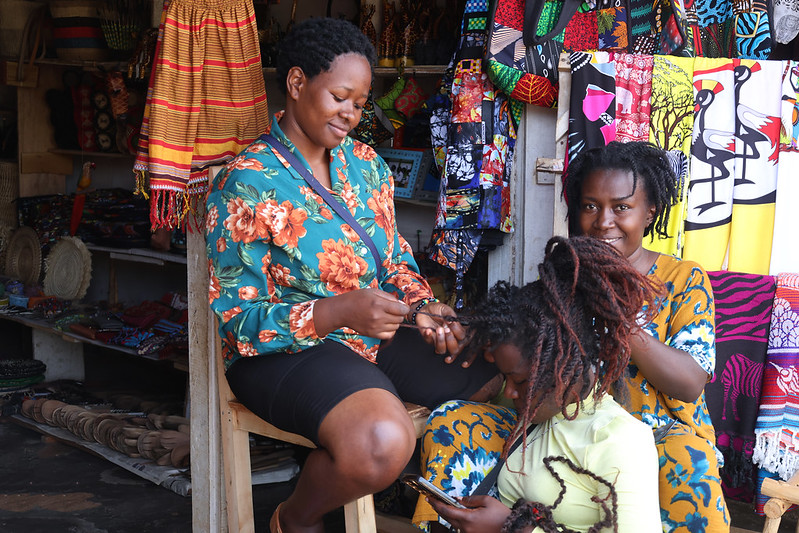Youth Innovation Hubs: Fostering Entrepreneurship in Uganda
 In Uganda, where more than 78% of the population are youths, unemployment presents a significant challenge. The government has initiated proactive measures by establishing youth innovation hubs that are showing promising results. These hubs serve as incubators for the next generation of entrepreneurs, fostering innovation and equipping young people with the tools necessary to elevate themselves and their communities out of poverty. In addition to government efforts, various nongovernmental organizations and private sector partners aim to support these innovation hubs, offering additional resources and expertise to enhance their effectiveness.
In Uganda, where more than 78% of the population are youths, unemployment presents a significant challenge. The government has initiated proactive measures by establishing youth innovation hubs that are showing promising results. These hubs serve as incubators for the next generation of entrepreneurs, fostering innovation and equipping young people with the tools necessary to elevate themselves and their communities out of poverty. In addition to government efforts, various nongovernmental organizations and private sector partners aim to support these innovation hubs, offering additional resources and expertise to enhance their effectiveness.
Agriculture and the Rise of Innovation Hubs
According to the UNDP, estimates indicate that Uganda’s agriculture sector contributes 37% of the country’s Gross Domestic Product (GDP), employs 72% of Uganda’s workforce and contributes 80% to the export base. Obstacles such as poor agronomic practices, limited stock of quality agro-inputs and limited access to timely and quality market information continue to undermine the sector’s potential to create jobs and entrepreneurship ventures.
Youth innovation hubs in Uganda are collaborative spaces where young people access resources, mentorship and training in technology and business. These innovation hubs aim to empower youth with entrepreneurial skills, enabling them to create their own employment opportunities instead of relying on traditional job markets. A notable example, the Outbox Hub in Kampala, offers co-working spaces, funding opportunities and training programs for young entrepreneurs. For instance, Outbox recently launched a three-day hackathon to help local Ugandan entrepreneurs develop skills using new technologies.
Government Initiatives
The Ugandan government, recognizing the potential of innovation hubs, has launched several initiatives to support their growth. Youth Innovation Hubs, first introduced in 2016 and renewed in 2024, have organized 2,825 events and 751 business meetings, equipping 6,531 individuals with digital skills, capacity building and mentorship. Additionally, the Youth Livelihood Programme (YLP), launched in 2014, targets youth unemployment by providing funding to young entrepreneurs across the country to establish various youth-led enterprises.
Impact on Poverty Reduction
The correlation between youth unemployment and poverty is stark. Around 9.3 million youth in Uganda are disconnected from the workforce. Innovation hubs address this by equipping youth with skills to start and sustain their businesses, which in turn generates employment and stimulates local economies. For instance, the Agripreneurship Alliance has programs that train youth in modern farming techniques and agribusiness management, which are helping to revolutionize Uganda’s agricultural sector. Innovations such as mobile apps for market information and sustainable farming practices have enabled young farmers to increase productivity and incomes.
Looking Ahead
Youth innovation hubs in Uganda are proving effective in tackling unemployment by equipping young people with entrepreneurial skills and resources. These innovation hubs foster self-employment opportunities and stimulate local economies, as evidenced by initiatives like the Outbox Hub and the Youth Livelihood Programme. The focus on modern farming techniques and agribusiness management is particularly impactful, helping to revolutionize Uganda’s agricultural sector and increase productivity and incomes among young farmers. As these innovation hubs continue to expand, they can potentially reduce poverty and drive sustainable economic growth in Uganda.
– Jennifer Lee
Jennifer is based in Toronto, ON, Canada and focuses on Technology and Solutions for The Borgen Project.
Photo: Flickr
